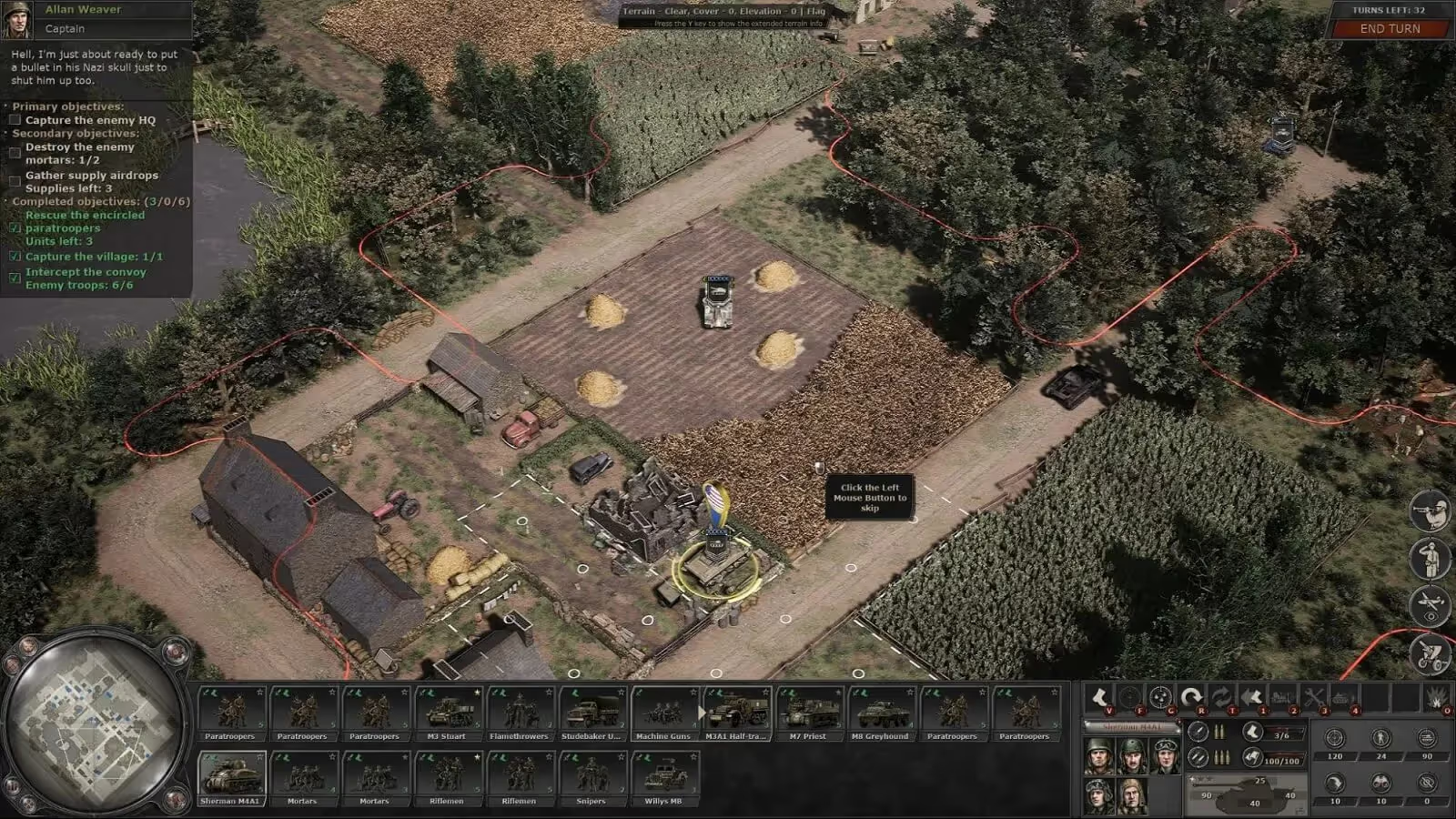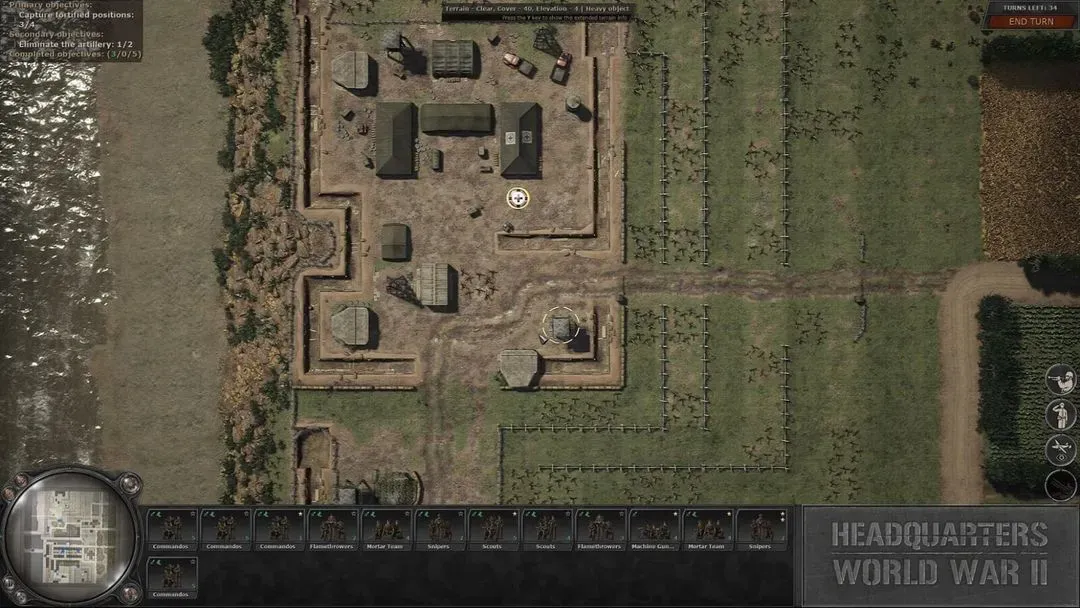PC
PS4
Xbox One
If you’ve never written a video game review before, let me quickly describe the process, and before you ask, I promise this will become important later. After I find a game I want to cover, my editor requests a key for that game, he sacrifices three virgins at his shrine to video game public relations people, we get the key, and with any luck I find the time to actually play it and jot down my thoughts about it on a Google Doc. Then I down an exorbitant amount of scotch, and revise my review once or twice or thrice or until it seems good enough to publish, send it to my editor, and he does his job by, y’know, editing it. After we edit one another’s edits once or twice or thrice, he publishes the review, and then he does so, and honestly, all of this is easy enough, and anyone can probably do it (and, if you’d like to, Jump Dash Roll is always looking for new writers!). What’s hard, however, is deciding whether or not I want to keep playing the game I requested a key for after I’m done doing so for my review, because as the old adage goes, once you do something for work, it stops being fun. However, to sum up this little rant of mine, there’s occasionally a game I don’t uninstall even after my job is done, and Headquarters: World War II is one of them.
And that’s kind of weird, because, at least at its core, Headquarters: World War II isn’t all that different from the other strategy titles. It is, at risk of stating the obvious, a turn-based combat game wherein you play as an omnipresent deity who controls troops on a relatively limited number of battlefields in the Western Front of Europe at the tail end of one of humanity’s deadliest conflicts. Each one of its single-player missions, as well as its online and skirmish modes, start with you deploying your soldiers, after which you move them around large maps to take control of various flags or to kill your enemies. The units you move around, and the facts you can play as, are the standard warfare fare. There are the Americans, who are jacks of all trades but masters of none, the British, who don’t have any strong tanks but do have very mobile infantry, and the Germans, whose expensive tanks will destroy anything in their path unless their lack of good foot soldiers or artillery ends up screwing them over somehow. The environments you play in are also pretty generic, and consist largely of forests, towns, and, wait for it, towns with forests.

There are some aspects that technically set Headquarters: World War II apart from its competitors, to be clear, but those aspects aren’t actually all that interesting. As you progress throughout a match or campaign, you can unlock perks that’ll give you an advantage over your foes, its maps are fully destructible, and if one of the crew members of your armoured vehicles gets killed, you can replace them while keeping the armoured vehicle itself. These are all welcome additions to the title to be sure, but after all is said and done, they don’t actually make a huge impact on the overall experience of the game.
But, going back to that whole “I didn’t uninstall Headquarters: World War II the minute I finished playing it for the sake of this review” thing, what makes the game so good is that its overall experience is bloody phenomenal, in large part because it’s turn based. Call me old (cue a groan from my editor who was a functioning adult before I was even born), but I simply don’t have the response time to enjoy real-time strategy games anymore, and I imagine I’m not the only one. As great as Company of Heroes or Wargame: Red Dragon are, they require too much mental energy to play unless you’re a hardcore fan of them, or have a lot of free time to learn the complexities of their various systems. Although Headquarters: World War II is far from a simple game, and it does in fact have plenty of systems for you to learn the complexities of if you so choose, you can also just boot it up for a match whenever you want and manage well enough. It’s a tad strange for your troops to take five minutes to move from a starting point to the point you need to capture, or for firefights to span multiple minutes instead of merely seconds, however that strangeness is offset by the fact that it is, for lack of a better phrase, simply fun to play.

And play it you should, and play it I will, because even though it isn’t all that different from other games on the market at its core for better or worse, the ability to enjoy it without needing to continually open up a Wiki page or devote an exorbitant number of hours is all it needs to do to be a great game. Just like those other games on the market, it’s perfectly balanced, has strong audio-visual design and there’s enough content to keep anyone occupied. But unlike those others on the market, it’s turn-based and tailor-made for people like me, and I assume people like you. And if that alone doesn’t make you interested in it, then you do you and continue to play Hearts of Iron or whatnot. But if it does, take it from a man who forgets about 95% of the games he reviews but didn’t forget about Headquarters: World War II, and pick it up for less than the cost of a 4x8 sheet of plywood. Or don’t, I’m a games journalist, not your dad.
You can subscribe to Jump Chat Roll on your favourite podcast players including:
Let us know in the comments if you enjoyed this podcast, and if there are any topics you'd like to hear us tackle in future episodes!



